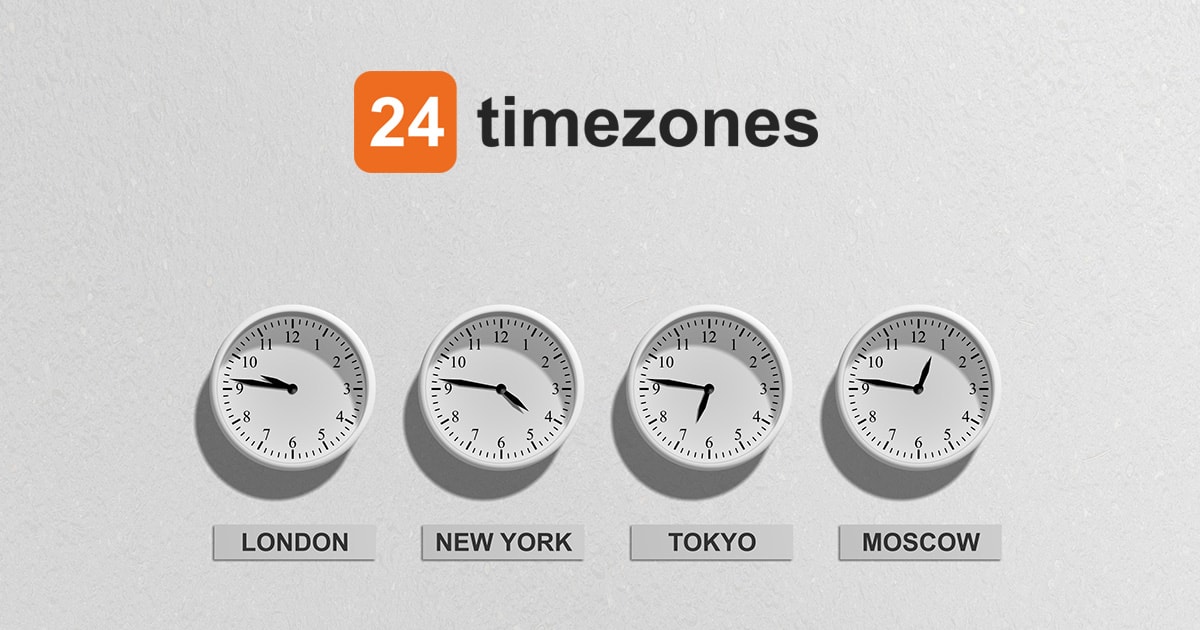

3:00 pm Universal Time Coordinated (UTC). Best time for a conference call or a meeting is between 12pm-6pm in UTC which corresponds to 8am-2pm in EDT. Some browsers use the current DST (Daylight Saving Time) rules for all dates in history. Universal Time Coordinated is 4 hours ahead of Eastern Daylight Time. Therefore, we add 4 hours to EDT to get UTC. Please note: All tools on this page are based on the date & time settings of your computer and use JavaScript to convert times. More specifically, EDT is 4 hours behind of UTC, and UTC is 4 hours ahead EDT. More date related programming examples: What's the current week number? - What's the current day number? Thanks to everyone who sent me corrections and updates! UTC is 4 hours ahead of Eastern Daylight Time.
#UTC TIME TO EDT WINDOWS#
Works for Windows PowerShell v1 and v2Ĭommand line: perl -e "print scalar(localtime( epoch))" (If Perl is installed) Replace 'localtime' with 'gmtime' for GMT/UTC time. When the time was 06:00PM on Thursday, May 18 in UTC, it was 02:00PM in Eastern Daylight Time. Math.floor(new Date().getTime()/1000.0) The getTime method returns the time in milliseconds.ĭATETIME() -, then use: get-epochDate 1520000000. SELECT dbinfo('utc_current') FROM sysmaster:sysdual SELECT DATEDIFF(s, ' 00:00:00', GETUTCDATE()) Eastern Standard Time (EST) is UTC-5:00, and Eastern Daylight Time (EDT) is UTC-4:00, this time zone is called Eastern Time Zone (ET) in the United States. SELECT (CAST(SYS_EXTRACT_UTC(SYSTIMESTAMP) AS DATE) - TO_DATE('','DD/MM/YYYY')) * 24 * 60 * 60 FROM DUAL SELECT unix_timestamp(now()) More MySQL examples When planning a call between EDT and UTC, you need to consider time difference between these time zones. (version 18+), older versions: calendar:datetime_to_gregorian_seconds(calendar:universal_time())-719528*24*3600. Literally speaking the epoch is Unix time 0 (midnight ), but 'epoch' is often used as a synonym for Unix time.
#UTC TIME TO EDT ISO#
timeIntervalSince1970] (returns double) or NSString *currentTimestamp = timeIntervalSince1970]] ĭouble now = std::chrono::duration_cast(std::chrono::system_clock::now().time_since_epoch()).count() Įpoch := DateTimetoUnix(Now) Tested in Delphi 2010.Įrlang:system_time(seconds). The Unix epoch (or Unix time or POSIX time or Unix timestamp) is the number of seconds that have elapsed since Janu(midnight UTC/GMT), not counting leap seconds (in ISO 8601: ).

The Zulu term stems from military usage while Coordinated. You will notice all weather maps, radar, and satellite images all have their time expressed in 'Z'. Long epoch = System.currentTimeMillis()/1000 Returns epoch in seconds.ĭ() (.NET Framework 4.6+/.NET Core), older versions: var epoch = (DateTime.UtcNow - new DateTime(1970, 1, 1, 0, 0, 0, DateTimeKind.Utc)).TotalSeconds Z-time (Coordinated Universal Time) All aspects of meteorology are based upon a world-wide 24-hour clock called Zulu time (Z), more commonly called Coordinated Universal Time (UTC).


 0 kommentar(er)
0 kommentar(er)
